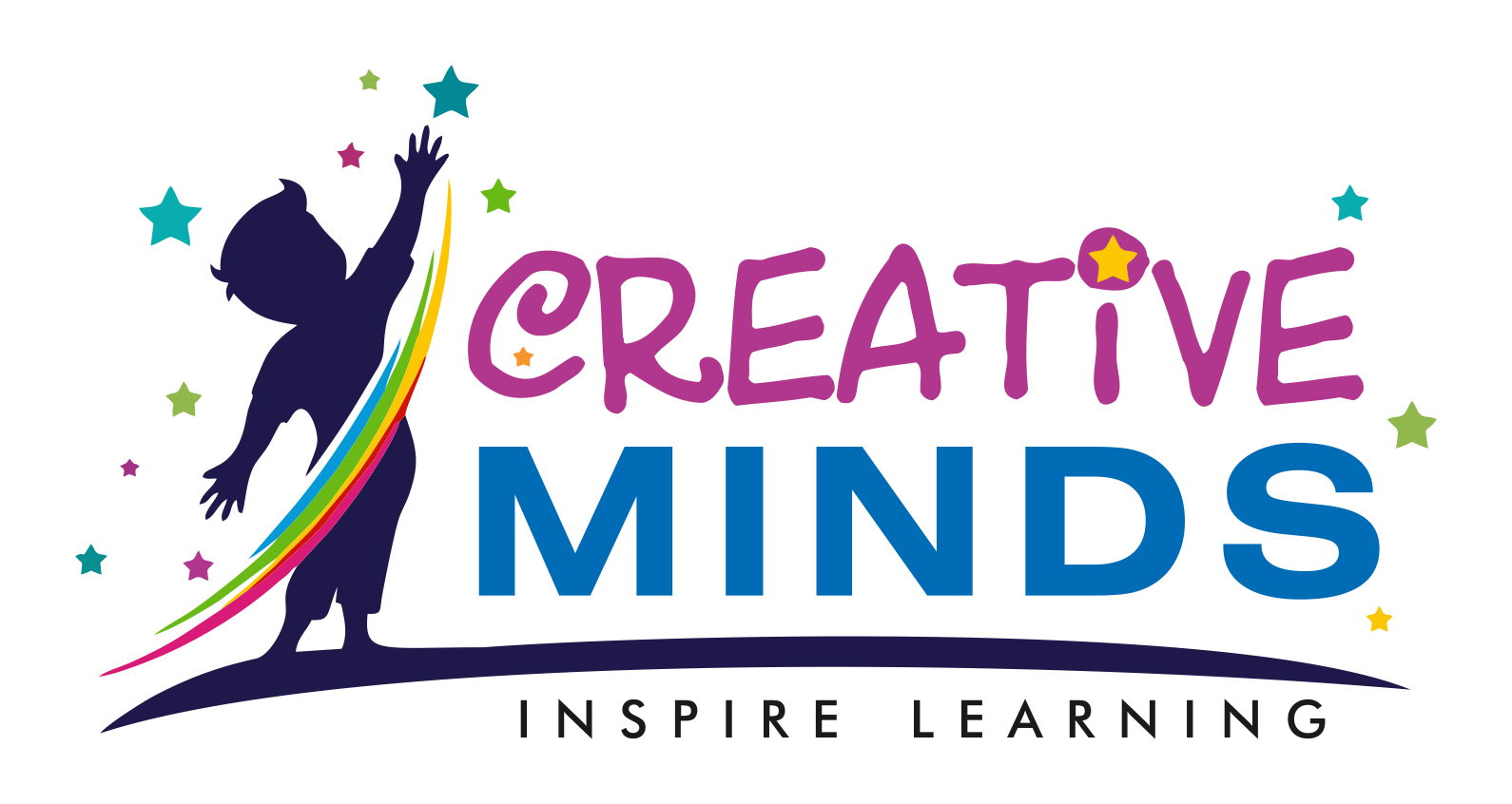In today’s fast-paced world, education has seen a massive shift in both curriculum and teaching methods. However, one constant remains crucial: grammar education. While math and science often take center stage, the role of grammar in shaping a child’s communication skills and cognitive abilities cannot be overlooked. Understanding grammar from an early age is fundamental to a child’s overall learning journey. Here’s why:
1. Building Blocks of Communication
Grammar forms the foundation for effective communication. When children grasp grammar rules, they develop the ability to express themselves clearly, both in speaking and writing. Whether they’re crafting sentences or engaging in conversations, a solid understanding of grammar ensures that their ideas are conveyed accurately. Without it, the meaning can easily become confused, leading to misunderstandings.
2. Boosts Confidence in Learning
When children are confident in their ability to structure sentences and communicate clearly, they become more engaged in learning. Mastering grammar gives them the tools to tackle more complex reading and writing tasks with ease. This sense of accomplishment encourages them to explore new subjects without fear of making mistakes.
3. Improved Reading Comprehension
A good understanding of grammar doesn’t just help with writing; it also improves reading comprehension. Children who are familiar with grammatical structures can better understand the texts they read, making it easier for them to identify the meaning of sentences and passages. This not only enhances their reading abilities but also improves their critical thinking skills.
4. Enhances Creativity and Imagination
Grammar might sound like rigid rules, but once children master it, they have the freedom to play with language. They can create unique stories, poems, and essays, exploring different ways to communicate ideas. This flexibility fosters creativity, as they learn how to twist and bend language to suit their imaginative thoughts.
5. Laying a Strong Academic Foundation
Grammar is integral to success in almost every academic subject. Whether a child is writing a science report, solving word problems in math, or participating in history discussions, strong grammar skills ensure they can communicate their understanding effectively. It also plays a significant role in standardized tests and exams, where proper sentence structure and clear communication are essential.
6. Aids in Learning Foreign Languages
Children who have a good grasp of grammar in their native language often find it easier to learn foreign languages. Understanding the mechanics of how language works — sentence structure, verb tenses, and word usage — helps them quickly adapt to new linguistic systems. This boosts their ability to become multilingual, an increasingly valuable skill in our globalized world.
7. Fosters Cognitive Development
Grammar isn’t just about memorizing rules; it challenges children to think logically and analytically. By understanding how words fit together to form meaning, children engage their brains in problem-solving. This cognitive development not only improves their language skills but also strengthens their overall intellectual abilities, making them better thinkers and learners.
8. Prepares for Professional Success
As children grow and enter the workforce, effective communication becomes a critical skill. Whether drafting emails, reports, or presentations, grammar plays a pivotal role in professional life. Ensuring concept clarity through grammar education equips children with the lifelong skills they need to succeed in any career path they choose.
Conclusion: Investing in Grammar for Lifelong Learning
The importance of grammar education in ensuring concept clarity for children cannot be overstated. It serves as the bedrock for communication, creativity, and cognitive development. By investing in grammar education, we are not only helping children excel in their academic endeavors but also setting them up for success in their future careers and personal lives.
Teaching grammar may seem basic, but its long-lasting impact on a child’s growth is profound. It’s time to prioritize grammar as a key component of learning and ensure our kids have the tools to succeed in a language-driven world.

